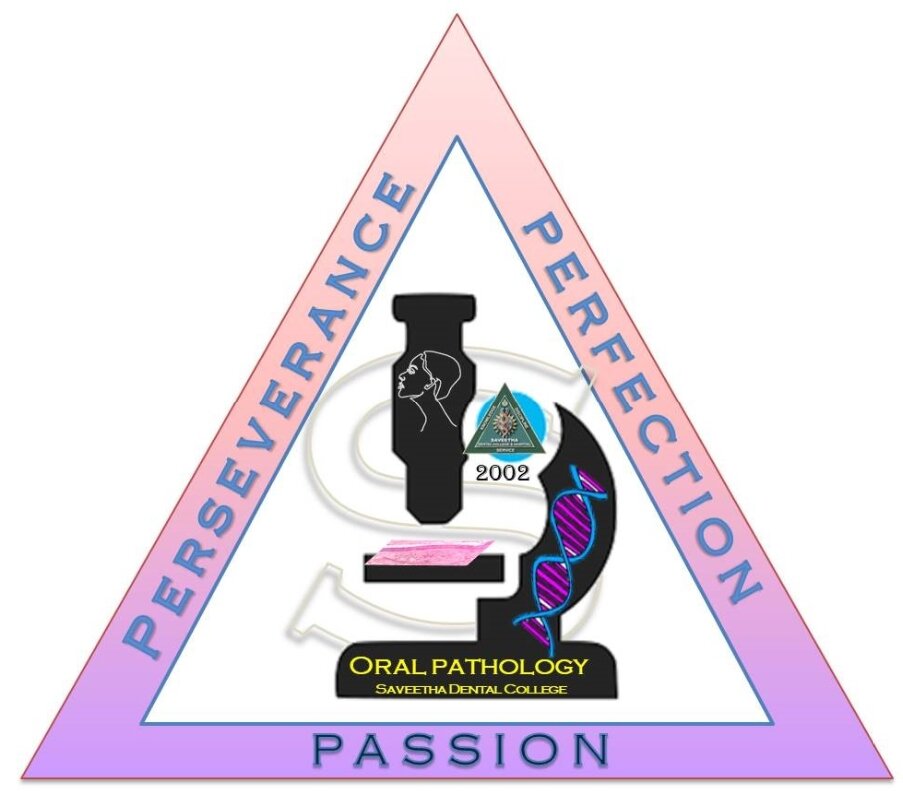Monica K, Abilasha R, P Ramani, Gheena S, Reshma PK
Knowledge And Awareness On Management of Biomedical Waste among Orthodontists and General Dental Practitioners.
Int J Orthod Rehabil 2022; 13: 1: 28-35.
ABSTRACT:
Background: Dental care facilities generate a high amount of Biomedical Waste (BMW) like sharps such as surgical needles, blades, wires, brackets, extracted teeth, human tissues, discarded or expired medicines and dental materials, highly contaminated with blood and saliva. Segregation and collection should be done in separate colour coded bags or containers; according to Biomedical Waste Rules, 2016 the Ministry of Environment and Forest in India. Poor management of wastes leads to high risk to public, patients and professionals and also contributes to environmental degradation.
Aim:
To assess the knowledge and awareness on management of biomedical waste management among orthodontists and practicing general dentists.
Materials and methods:
A cross sectional study was conducted through Google form (electronic based survey) among general practising dentists; survey consisted of 18 closed ended questions. The data collected were tabulated in Microsoft Excel and exported to SPSS, descriptive statistics and Chi-Square test was performed (p<0.05 was considered statistically significant). Results: 83.8% practising dentists follow the biomedical waste disposal policy in their hospital or clinic, among which 91% use protective barriers (e.g. gloves, masks) during handling of biomedical waste. 63.1% disposed human anatomical waste and blood contaminated waste properly where only 55.9% disposed extracted teeth and human tissue in yellow bags. Significant association was found between management of incinerated ash and qualification among orthodontists ( p=0.019) and with experience of less than 1 year had proper knowledge; (p=0.021). Disposal of plaster of Paris was properly managed among general practioners (p=0.039). Management of sharps was done properly using needle destroyers among general dentists and orthodontists (p=0.041).
Conclusion:
Safe and effective management of biomedical waste is a legal necessity but also a social responsibility of dentists, according to this present survey 7 – 9.2 % of the dentists are not effectively following the biomedical waste management.
Keywords: Biomedical wastes, BMW, Health Care Facility, segregation, colour coded bags.
SOURCE OF FUNDING
The author of this review has no funding sources to declare.
https://www.mmpubl.com/articles-ijorthrehab/2jzvklm7sg6iwfpgnt29g6b4m01l8i
https://www.editorialmanager.in/index.php/ijorthrehab/article/view/4


